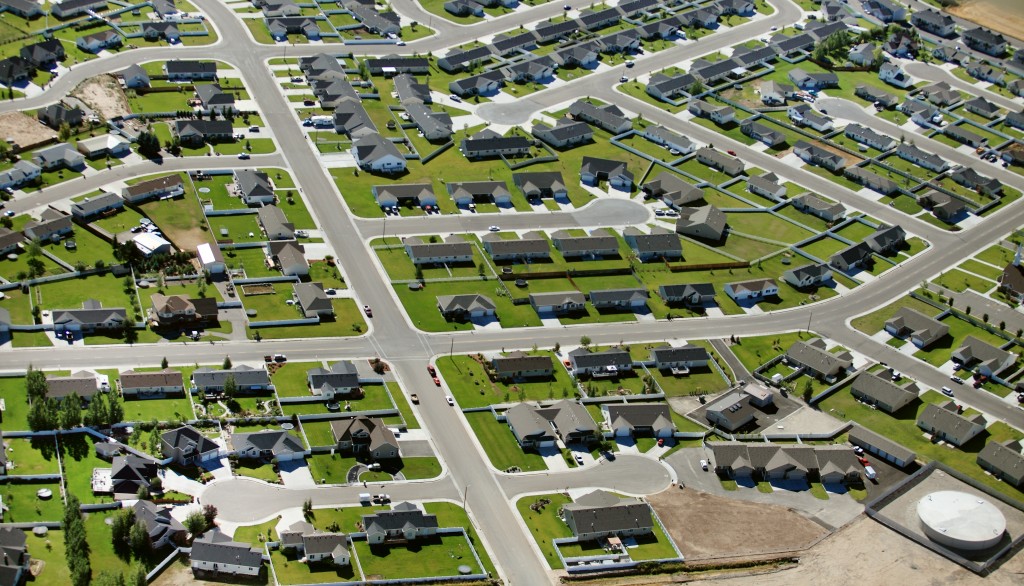The Great Millennial Migration: A Generation is Moving Out of Cities and Why it Matters to Investors

Millennials have all grown up. The youngest of the generation, those born in 1996, have long left university and entered the workforce. Now, most of them have established careers and started their own families.
That is probably part of the reason why the demographic is moving out of major cities.
Millennials are on the Move
It is a rather surprising trend to see young people abandon the glitz and glamour of urban life to settle down in suburbs and countryside. For years, Millennials have entered major cities en masse in search of quality education and high-paying jobs. As a result, local governments and private developers built housing, mass transportation, restaurants and grocery stores, and other amenities in urban centers.
However, now, they have grown disillusioned with the ever-rising cost of living, the crowding population, and the chaos of cities. They are establishing roots somewhere else.
Big Cities Losing Millennials
London is still seeing an increase in population, but the number of young people moving to the capital has slowed. In 2018, a third of a million young people (about 365,800, to be exact) left London to settle down in another part of the country. For comparison, only 355,600 young people moved to London from other parts of the country in the same year.
Although 10,200 people may not seem a lot in the grand scheme of things, if young people continue to leave the capital en masse, it will have serious implications for the workforce.
In the United States, similar things have been observed. Seattle and San Francisco still see a huge migration of people born between 1980 and 1995, but that is because both cities are major tech hubs. Professionals are still heading to both places in order to secure a job in Google, Facebook, Apple, and other major corporations.
Large East Coast cities like New York have seemingly approached “peak Millennial,” a term used to describe areas where there is a plateauing population of young people. While the Big Apple still sees a significant number of Millennials arriving, the growth has slowed significantly.
Boston, on the other hand, is already losing Millennials. In 2016, roughly 7,000 Millennials left.

What It Means for Investors
The current trend is important to property investors because whichever city young people are moving in, that is where the money lies. It might be time to talk to a property agent in the suburbs to invest in places where Millennials, who now dominate the workforce and are now the world’s biggest consumer group, are looking for their new home.
Many Millennials are already or have desires to become homeowners. They have a stable job, and they want to raise a family. In fact, affordable housing costs are one of the most common reasons why young people are moving out of major cities. The price of a house in Los Angeles, for example, is increasing every year, making it practically impossible for an individual to buy a house.
However, there is still a demand for places to rent. This generation has been accustomed to a life of Uber and Airbnb. Rent is, unfortunately, also on a very steep rise in major cities. Although they are not yet ready to own a house, they want to move to places where they can get a better deal for their hard-earned money.
What Millennials Want
However, Millennials may no longer want the same things they experienced in big cities. Work has become remote, especially during the pandemic which saw offices closed. Many major companies have already shared plans to allow flexible setup for employees that will not affect their salaries. Therefore, there is no need for professionals to live in urban centers. They can work from home, regardless of whether they are in the city or in the suburbs.
What Millennials expect when they move out of the city is to spend less time in transit. Urban areas are notorious for traffic jams that last for hours. They want to arrive home after a few minutes and have more time to spend with their families or their hobbies.
Moreover, they want space. Like the generations before them, Millennials who want to have kids one day plan to settle in the suburbs to give their offspring the space to play, explore, and grow. It is just not possible in cities where space.
Millennials have changed from the lazy and privileged lot that Boomers and Generation Xers thought they were. They have grown older and their priorities have changed. The rest of the world needs to follow them and see where they want to go.




